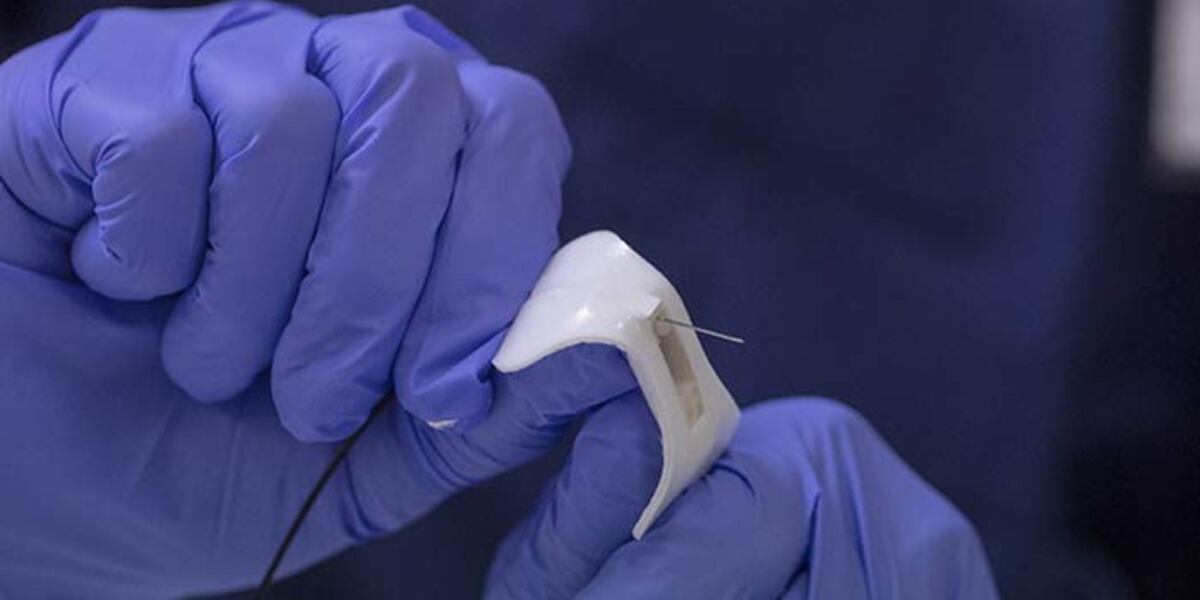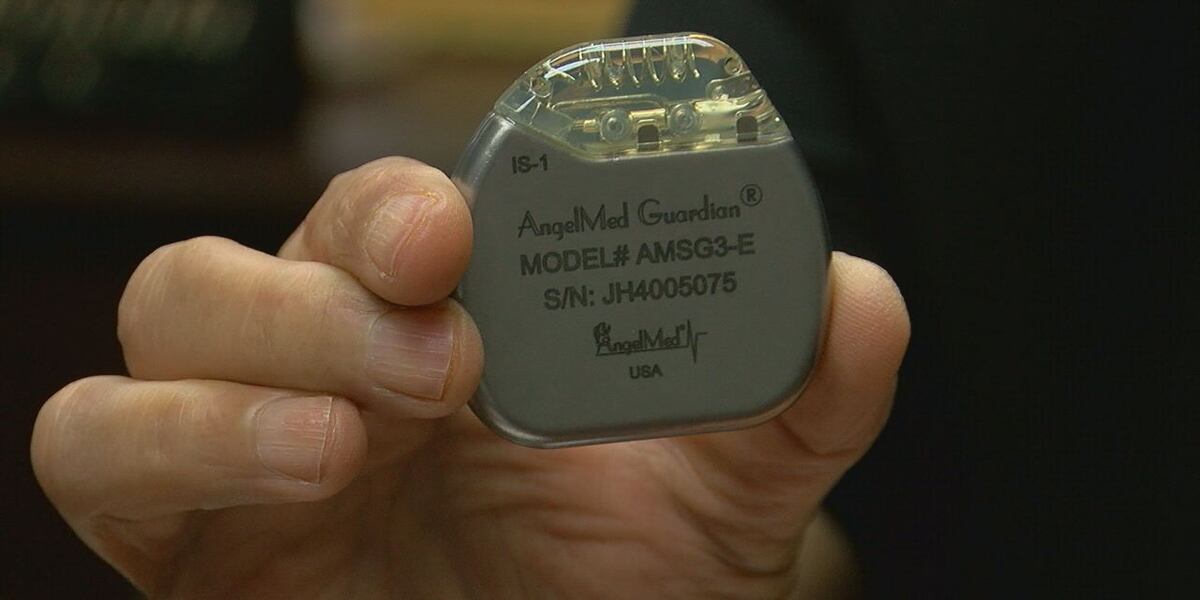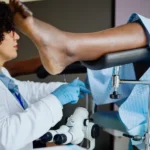Medical Guardian devices represent a significant advancement in the field of personal emergency response systems (PERS), providing seniors and individuals with medical conditions the peace of mind to live independently while having access to immediate assistance in case of emergencies. These devices, equipped with cutting-edge technology and reliable monitoring services, offer a lifeline for users, their families, and caregivers, ensuring prompt response and assistance during critical situations. In this comprehensive guide, we explore the features, benefits, applications, and evolving trends of Medical Guardian devices in enhancing the safety and well-being of seniors and vulnerable individuals.
Understanding Medical Guardian Devices:
Medical Guardian devices are wearable or portable emergency response systems designed to summon help in the event of medical emergencies, falls, accidents, or other critical situations. These devices typically consist of a wearable pendant or wristband with an emergency button that, when pressed, connects the user to a 24/7 monitoring center staffed by trained professionals. Medical Guardian devices utilize various technologies, including cellular communication, GPS tracking, and fall detection, to provide immediate assistance and ensure timely intervention during emergencies.
Key Features of Medical Guardian Devices:
- Emergency Call Button: The primary feature of Medical Guardian devices is the emergency call button, which users can activate to request assistance from the monitoring center. This button is typically located on the wearable pendant or wristband and is easily accessible in case of emergencies.
- Two-Way Voice Communication: Medical Guardian devices are equipped with two-way voice communication capabilities, allowing users to communicate directly with the monitoring center through a built-in speaker and microphone. This enables users to provide information about their situation and receive instructions or reassurance from trained operators.
- Fall Detection Technology: Many Medical Guardian devices are equipped with fall detection technology that automatically detects falls and triggers an emergency alert if the user is unable to press the call button manually. Fall detection algorithms analyze motion patterns and acceleration to distinguish between normal activities and falls, reducing the risk of false alarms.
- GPS Location Tracking: GPS technology enables Medical Guardian devices to provide accurate location information to the monitoring center, allowing emergency responders to locate users quickly, even if they are unable to provide their location verbally. This feature is particularly valuable for outdoor activities or situations where the user may become disoriented.
- In-Home and On-the-Go Options: Medical Guardian offers a range of devices to suit different lifestyles and needs, including in-home systems that work within the user’s residence and mobile devices that provide protection both at home and on the go. Users can choose the device that best fits their preferences and mobility requirements.
Applications of Medical Guardian Devices:
Medical Guardian devices have diverse applications in supporting the safety, independence, and well-being of seniors and individuals with medical conditions:
- Aging in Place: Medical Guardian devices enable seniors to age in place safely and independently, providing reassurance to both users and their families that help is available at the touch of a button. With 24/7 monitoring and immediate access to emergency assistance, seniors can remain in their own homes while having the security of a reliable support system.
- Chronic Illness Management: For individuals with chronic medical conditions or disabilities, Medical Guardian devices offer an extra layer of support and security, ensuring that help is always within reach in case of health emergencies or complications. These devices provide peace of mind to individuals managing conditions such as heart disease, diabetes, or respiratory disorders.
- Fall Prevention and Detection: Falls are a leading cause of injury and loss of independence among seniors. Medical Guardian devices with fall detection technology help mitigate the risks associated with falls by automatically alerting emergency responders in the event of a fall, even if the user is unable to call for help themselves. This feature provides prompt assistance and enhances the safety of users, especially those at risk of falls.
- Active Lifestyles: Medical Guardian devices are not limited to indoor use and are well-suited for active seniors who enjoy outdoor activities, travel, or independent living arrangements. With GPS tracking and cellular connectivity, these devices provide protection and peace of mind whether users are at home, running errands, or exploring the great outdoors.

Emerging Trends in Medical Guardian Devices:
Several emerging trends are shaping the evolution of Medical Guardian devices and personal emergency response systems:
- Integration with Smart Home Technology: Medical Guardian devices may increasingly integrate with smart home technology and digital assistants, allowing users to access emergency assistance, control home automation devices, and receive alerts through voice commands or mobile apps. This integration enhances the usability and accessibility of Medical Guardian devices, especially for users with mobility or cognitive impairments.
- Health Monitoring Features: Future iterations of Medical Guardian devices may incorporate health monitoring features, such as vital signs monitoring, medication reminders, and activity tracking, to provide users with comprehensive health management capabilities. These features enable users to proactively monitor their health and well-being while maintaining their independence.
- Wearable Design Innovations: Wearable technology is continuously evolving, with advancements in design, comfort, and aesthetics driving the development of more discreet, lightweight, and stylish Medical Guardian devices. Wearable pendants, wristbands, and accessories may feature customizable designs, interchangeable bands, and waterproof construction to suit users’ preferences and lifestyles.
- Artificial Intelligence and Predictive Analytics: The integration of artificial intelligence (AI) and predictive analytics algorithms may enhance the functionality of Medical Guardian devices by analyzing user data, identifying patterns, and predicting potential health risks or emergencies. AI-powered features could provide personalized recommendations, proactive interventions, and early detection of health issues, improving user outcomes and reducing emergency response times.
Conclusion:
Medical Guardian devices represent a vital lifeline for seniors and individuals with medical conditions, offering peace of mind, independence, and safety in their daily lives. With features such as emergency call buttons, two-way voice communication, fall detection, and GPS tracking, these devices provide immediate access to assistance and support during emergencies, wherever users may be. As technology continues to evolve, Medical Guardian devices are poised to become even more advanced, integrating new features, design innovations, and predictive capabilities to meet the evolving needs of users and caregivers. With their commitment to enhancing safety, independence, and peace of mind, Medical Guardian devices play a crucial role in empowering individuals to live life on their terms, knowing that help is always within reach.



